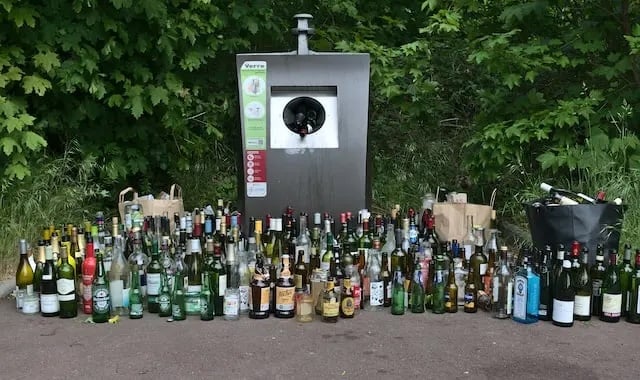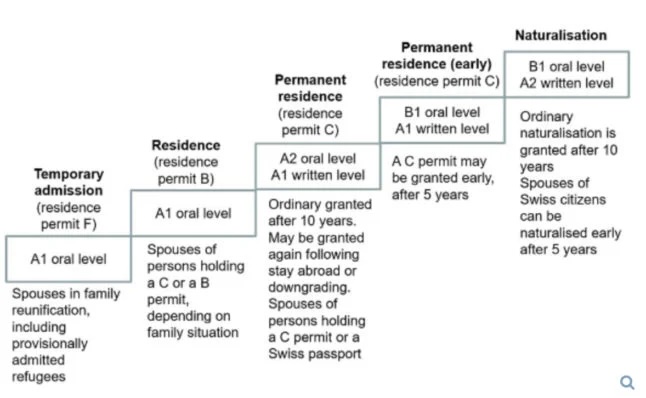Four weeks (20 days) is the strict legal minimum for people working 41 hours per week, which counts as a full-time position.
However, many companies offer their employees more than the legal minimum; the exact number of days or weeks is outlined in an employment contract.
For part-time work, the four-week period is pro-rated according to the number of hours an employee works each week.
However, there is an astute way of extending your vacation time without taking off too many additional work days. This is how.
The “bridges”
As Christmas Day (December 25th) and New Year Day (January 1st) are public holidays, some businesses close down during the entire period between the two holidays, giving their employees the days between the two dates as holiday time (in addition to the statutory four weeks).
This year, however, both Christmas and New Year fall on a Sunday, so you don’t really gain anything. However, if they fall on, say, Friday or Monday, then in the very least you get a nice long weekend.
There is a movement among Swiss labour unions to provide a compensation day if a public holiday falls on the weekend, as it does this year, but so far there has not been any response from the employers’ associations.
READ MORE: Swiss politicians call for ‘lost’ public holidays to be replaced
Another longish “time off” period is around Easter: Good Friday (April 7th in 2023) is a public holiday nearly everywhere in Switzerland, except in Ticino and Valais, as is Easter Monday (April 10th), with the exception of Neuchâtel, Solothurn, Valais and Zug.
So if you live anywhere in the country except those cantons, you can take the Thursday before and Tuesday after Easter as two “holiday” days and enjoy an almost week-long vacation which will “cost” you only two days from your 20-day yearly allowance.
You can do the same with other public holidays — for instance, next Ascension Day in on Thursday, May 18th, but many companies don’t work on Friday, making it a four-day weekend.
Again, if you take at least another day off either before or after — that is, Wednesday May 17th or Monday May 19th, you will have a five-day holiday for the price of one day from your yearly allowance.
So far, with the above combinations, you have lost three days out of 20, but have gained six and five days of holidays, respectively.
You can also do the same around other public holidays as well, either national ones or those specific to your cantons.
Why do the Swiss have so little time off anyway?
Many other European countries give their workers longer vacations — in France and Austria, for instance, employees are entitled to five weeks.
But the Swiss themselves are to blame for their briefer leave: in a 2012 referendum, 67 percent of the country’s voters rejected (yes, rejected) the proposal to extend the mandatory leave to six weeks.
They did so because they believed longer holidays would cost the economy billions of francs each year, and the money-conscious Swiss just couldn’t allow that.
As the media reported at the time, the outcome showed that Swiss voters had realised “something which sounds nice at first, on closer look brings many disadvantages” and that “citizens have kept a sense of reality.”
READ MORE : Everything you need to know about annual leave in Switzerland




 Please whitelist us to continue reading.
Please whitelist us to continue reading.
Member comments